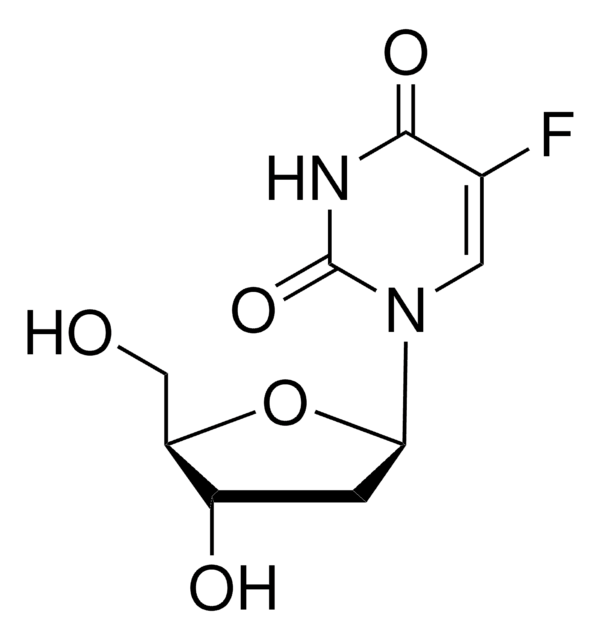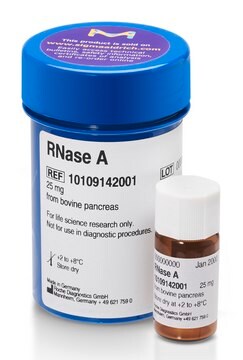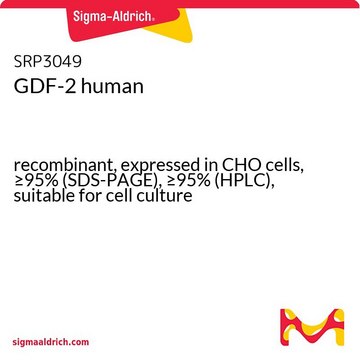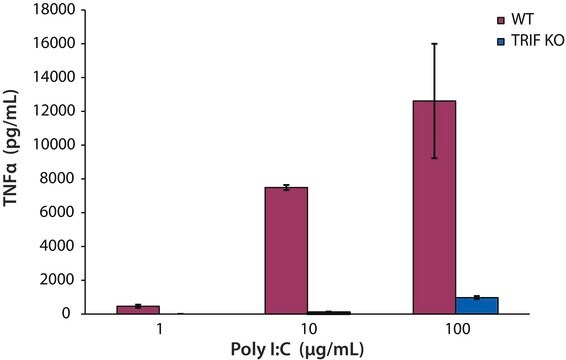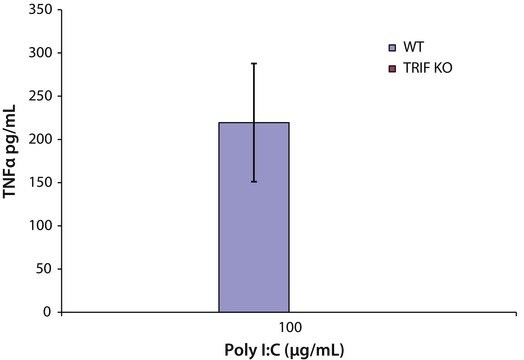V900421
Uridine
Vetec™, reagent grade, 99%
Synonym(s):
1-β-D-Ribofuranosyluracil, Uracil-1-β-D-ribofuranoside
About This Item
Recommended Products
grade
reagent grade
product line
Vetec™
assay
99%
form
powder
mp
163-167 °C (lit.)
SMILES string
OC[C@H]1O[C@H]([C@H](O)[C@@H]1O)N2C=CC(=O)NC2=O
InChI
1S/C9H12N2O6/c12-3-4-6(14)7(15)8(17-4)11-2-1-5(13)10-9(11)16/h1-2,4,6-8,12,14-15H,3H2,(H,10,13,16)/t4-,6-,7-,8-/m1/s1
InChI key
DRTQHJPVMGBUCF-XVFCMESISA-N
Looking for similar products? Visit Product Comparison Guide
General description
Biochem/physiol Actions
Legal Information
Storage Class
11 - Combustible Solids
wgk_germany
WGK 3
flash_point_f
Not applicable
flash_point_c
Not applicable
Certificates of Analysis (COA)
Search for Certificates of Analysis (COA) by entering the products Lot/Batch Number. Lot and Batch Numbers can be found on a product’s label following the words ‘Lot’ or ‘Batch’.
Already Own This Product?
Find documentation for the products that you have recently purchased in the Document Library.
Customers Also Viewed
Our team of scientists has experience in all areas of research including Life Science, Material Science, Chemical Synthesis, Chromatography, Analytical and many others.
Contact Technical Service
